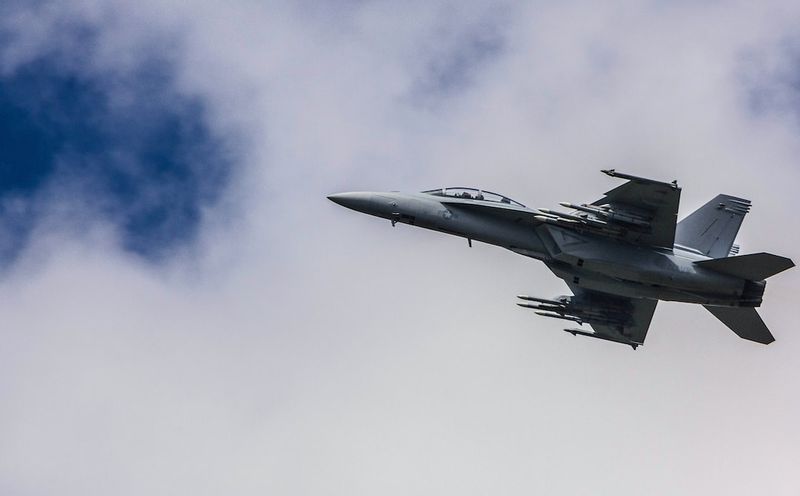On 20th April, Burkinabe army elements entered the village of Karma, 15 km from Ouahigouya in the north of the country, under the guise of a routine patrol, and rounded up the inhabitants, collecting their identity documents. The army soldiers then proceeded to shoot the villagers at close range, killing at least 147 people, including 45 children, in an attack that lasted from 7.30 am to 2 pm. These killings could undoubtedly amount to war crimes and are yet another example of violence against civilians in the ongoing conflict in Burkina Faso.
The attackers were reportedly members of the 3rd Battalion of the Rapid Intervention Brigade (BIR), which had left Ouagadougou to go to Karma, and according to a local resident, the soldiers were seen early that morning, around 5.00 am, wearing t-shirts with the name of their unit “3rd BIR” clearly visible. Witnesses told Amnesty International that they saw the same unit involved in the atrocities.
Under international humanitarian law, all parties to an armed conflict must distinguish systematically between civilians and combatants and are prohibited from carrying out attacks on the civilian population and extrajudicial executions. The military accused the residents of Karma of failing to denounce elements of armed groups allegedly passing through the village to attack army and Volunteers for the Defence of the Homeland (VDP) positions in the nearby village of Aourema. However, as per survivors interviewed, the villagers had not received ultimatums from those terrorists and had no intention to leave their land.
In the past, such as in December 2021, and February 2022, the army had been found responsible for attacks on civilians and killings that targeted the vulnerable segment. Which seemingly forms a pattern of what appears to be a punitive expedition, similar to that of the Nouna killings and the army raid on the displaced persons’ site of La Ferme in Ouahigouya.
The Burkinabe authorities must take immediate action to end attacks on civilians in the context of the armed conflict and initiate an impartial and independent investigation into the crimes that occurred on 20 April in Karma, to detect the perpetrators and provide justice to the bereaved families. As Samira Daoud, Director of Amnesty International’s West and Central Africa office, advocates, “This investigation must be conducted impartially and independently so that those responsible for war crimes and other serious violations can be brought before the ordinary courts in accordance with fair trial standards.”
While the unrest in Burkina Faso continues, a trend of mistrust and fear can be observed among Burkinabe nationals who are left at the mercies of rogue army elements and jihadist groups, fighting for control and inflicting their brutal force on the innocent civilians.

<< photo by Cibi Chakravarthi >>